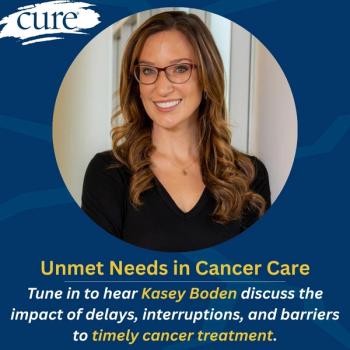
The CARE Clinic at University of Colorado Hospital was developed to close treatment gaps caused by disparities in cancer care, as explained by Kasey Bowden.

Ryan Scott is an Editor of CURE; she joined MJH Life Sciences in 2021. In addition to writing and editing timely news and article coverage, she manages CURE's social media accounts; check us out @curetoday across platforms such as LinkedIn, Facebook, X, and Instagram! She also attends conferences live and virtually to conduct video interviews and produce written coverage. Email: rscott@mjhlifesciences.

The CARE Clinic at University of Colorado Hospital was developed to close treatment gaps caused by disparities in cancer care, as explained by Kasey Bowden.
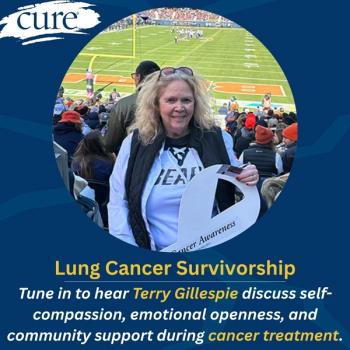
Self-compassion, emotional openness, and community support is incredibly important for patients currently beginning their cancer journey.
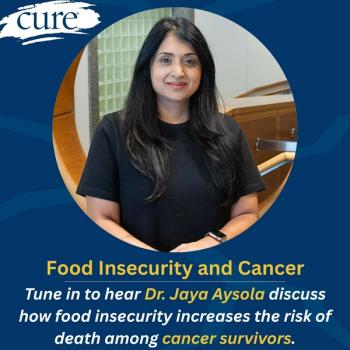
Food insecurity significantly increases the risk of death among cancer survivors, according to research published by Penn Medicine.

Patients with skin cancer who were fed a high-fiber diet showed better response rates to treatment and longer event-free survival, according to data from the DIET trial.

The FDA's Oncologic Drugs Advisory Committee has casted their votes on the utilization of certain treatments in the multiple myeloma patient population.

The FDA granted breakthrough therapy designation to first-line treatment with Enhertu plus Perjeta for unresectable or metastatic HER2+ breast cancer.

Dr. Ma discussed key findings that have been shared so far this year on the topic of evolving treatment strategies for patients with high-risk skin cancer.
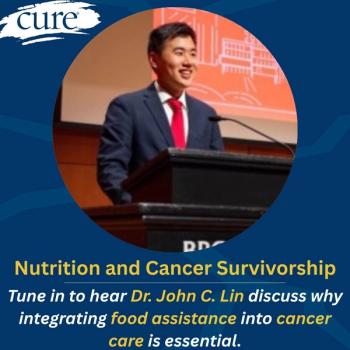
Food insecurity is linked to a 28% higher risk of death among cancer survivors compared with those who have never received a cancer diagnosis, a new study found.
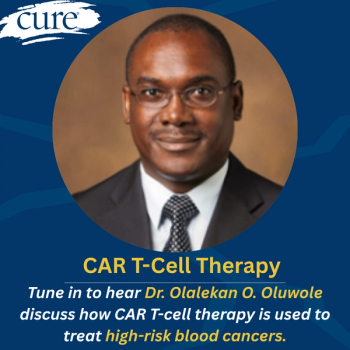
Dr. Olalekan O. Oluwole explained how CAR T is used to treat high-risk blood cancers and highlighted the potential of outpatient CAR T-cell therapy treatment.
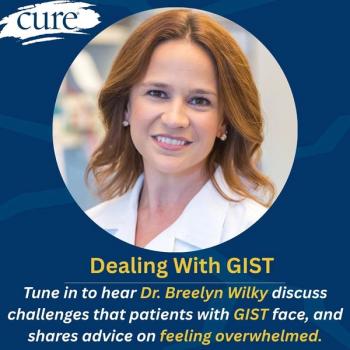
Dr. Breelyn Wilky discusses challenges that patients with GIST face and shares advice with those who feel overwhelmed by the rarity of their condition.
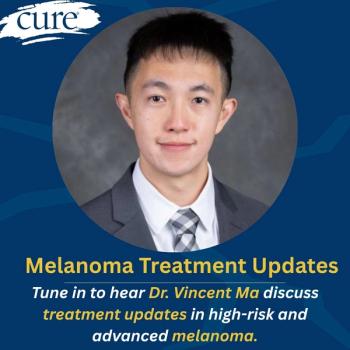
Dr. Vincent Ma discussed the most recent and notable treatment updates for patients with high-risk and advanced melanoma.
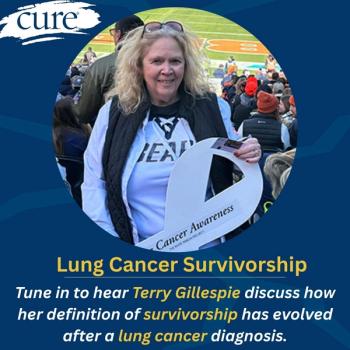
In a candid interview with CURE, Terry Gillespie reflects on how her definition of survivorship has evolved from her lung cancer diagnosis to present day.

Dr. Lorenzo Cohen and Alison Jefferies discuss small yet meaningful changes that patients can make to their home environment to foster a sense of wellness.
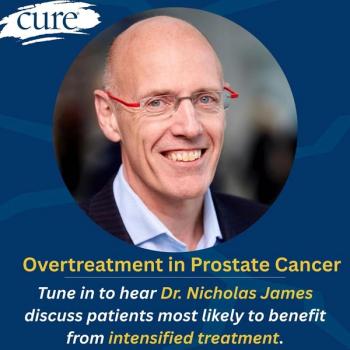
Dr. Nicholas James shares why it’s important to identify which patients with high-risk, non-metastatic prostate cancer will benefit from intensified treatment.
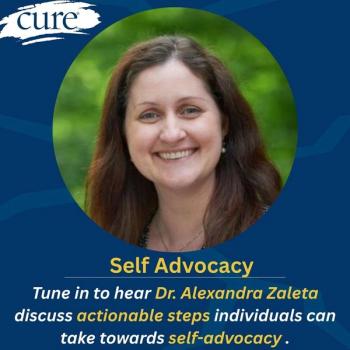
Dr. Alexandra Zaleta discussed actionable steps that individuals can take to advocate for a more person-centered insurance practice approach.

Patients with nonmetastatic prostate cancer treated according to NCCN Guidelines are more likely to die of other natural causes than from their cancer.
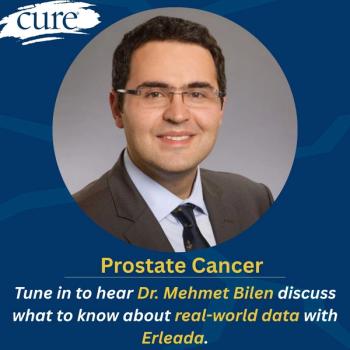
Real-world data suggest that Erleada may offer an advantage over other treatment options for patients with metastatic castration-sensitive prostate cancer.
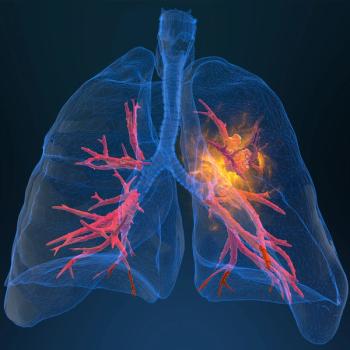
The U.S. FDA has approved a new test for patients with lung cancer to match the correct individuals with a targeted treatment called Zegfrovy.
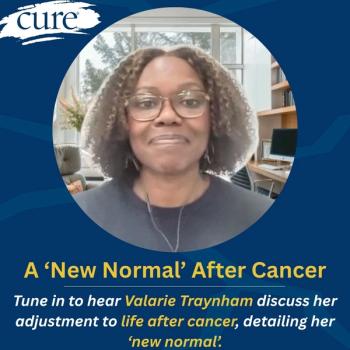
Valarie Traynham sat down for an interview in CURE in which she discussed adjusting to life after cancer, detailing her ‘new normal.’
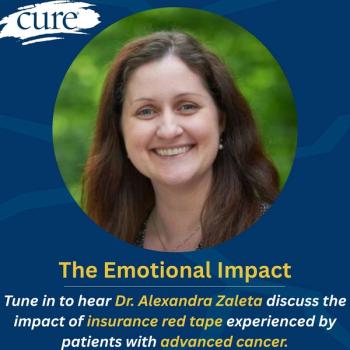
Dr. Alexandra Zaleta discussed the impact of administrative delays and insurance red tape experienced by patients with advanced cancer.
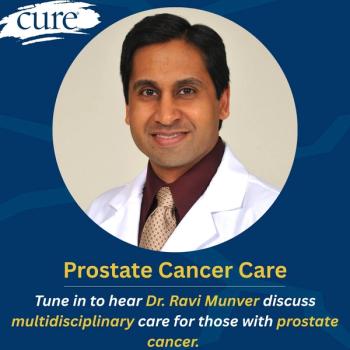
Multidisciplinary care, a collaborative approach where various healthcare disciplines come together, is essential for treating those with prostate cancer.
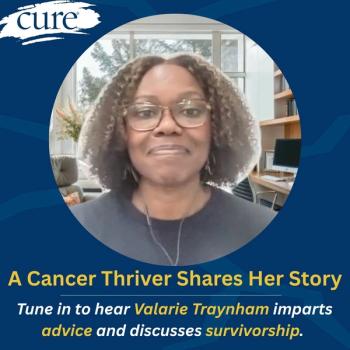
Valarie Traynham, a cancer thriver and patient advocate, imparts advice and discusses survivorship after a cancer diagnosis.

Breaking down what patients should know about each FDA therapeutic approval from June 2025 across various oncology indications and cancer types.
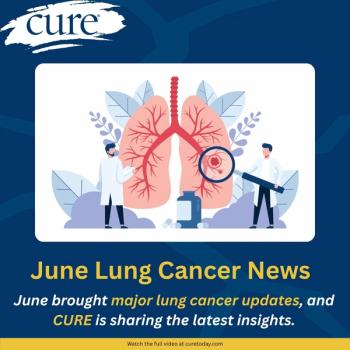
During June, investigators reported new data that has advanced the treatment landscape for lung cancer, including new FDA approvals and priority reviews.

Dr. Alexandra Zaleta discusses how most cancer patients face prior authorization delays, despite 95% being approved, highlighting the need for reform.
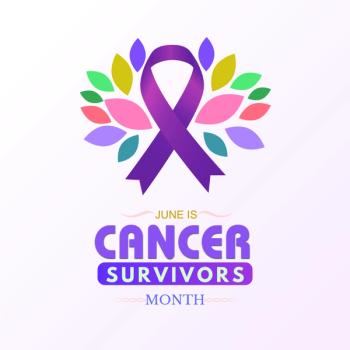
CURE asked cancer survivors, thrivers, advocates, and those whose lives have been touched by cancer: what does National Cancer Survivors Month mean to you?
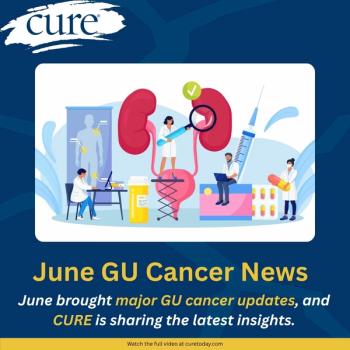
June brought genitourinary cancer updates, and CURE is sharing the latest in kidney cancer treatment, as well as FDA approvals, cancer vaccines and more.
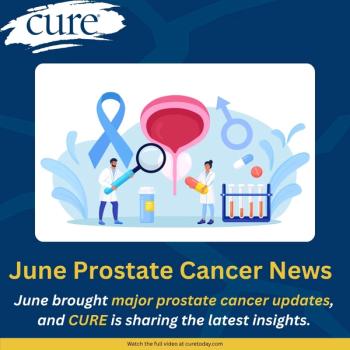
June brought major prostate cancer updates, and CURE is sharing the latest FDA approvals, label expansions, and emerging data on the role of AI in care.

Label updates have been approved by the FDA for the CAR T-cell therapies Breyanzi and Abecma in large B cell lymphoma and multiple myeloma, respectively.
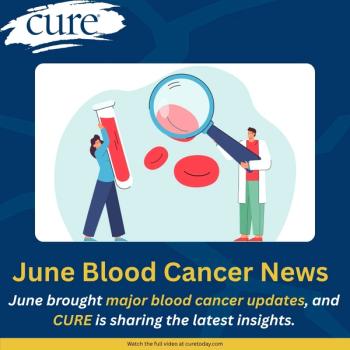
June brought major blood cancer updates, and CURE is sharing the latest in myelofibrosis treatment and FDA breakthroughs, as well as survivorship news.